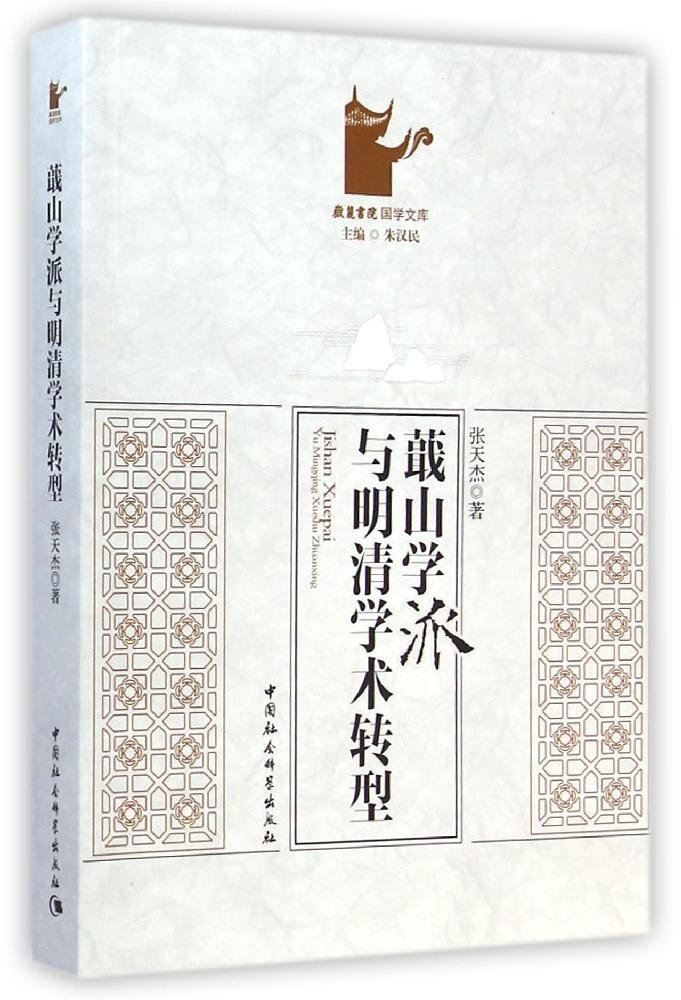Jishan School marked shift in classical thought

School of Jishan and Academic Transformation in the Ming-Qing Era
Author: Zhang Tianjie
Publisher: China Social Sciences Press
It is apparently not a coincidence that the Chinese academic transformation from neo-Confucianism to textology coincided with the transition from the Ming Dynasty (1368-1644) to the Qing Dynasty (1616-1911).
The School of Jishan and Academic Transformation in the Ming-Qing Era by Zhang Tianjie delves into the study of the Jishan School, stressing not only the inner logic of academic development but also the impact of social and political transformation in an attempt to answer a macro question from a micro perspective.
The author considered the School of Jishan as an organic whole to conduct comprehensive and thorough research on the ideas of philosophers Liu Zongzhou (1578-1645), Zhang Lüxiang (1611-74), Chen Que (1604-77), Huang Zongxi (1610-95) and Quan Zuwang (1705-55) within the context of the formation and divergence of this school as well as the social and academic transformation.
Both individual characteristics and correlations among these scholars are demonstrated in the book. The examination of how a school of thought evolved over a prolonged period of time marks a breakthrough in research methodology compared to previous practice of analyzing a single thinker or identifying the academic characteristics of an era via simple proof.
The book discussed Zhang Lüxiang’s efforts to encourage a return to the ideas of Song neo-Confucian scholar Zhu Xi (1130-1200) and abandon those of Ming philosopher Wang Yangming (1472-1529) as well as Chen Que’s influence on the decline of metaphysics, and Huang Zongxi’s turn from li principles to textology. More importantly, the book connects these trends in thought to Liu Zongzhou’s Jishan doctrines and the academic transformation in the Ming-Qing era, which is an unprecedented discovery.
In addition, the book makes two noteworthy points. First, the book affirms the relationship between neo-Confucianism and classical philosophy, which was further developed in the Ming-Qing era. Relative to previous philosophers, scholars from the Jishan School had a greater reverence for classical texts, such as The Four Books, the I Ching and The Three Rituals. Their differentiated interpretations of the classics influenced the divergence of the school of thought. In particular, debates centered on The Great Learning can be seen as a key in the division.
The second is the analysis of the changes in teaching and organization that occurred in academies of the late Ming and early Qing. Since nearly all the scholars of the Jishan School attended those institutions, a study of the differences and continuities in teaching methodologies also sheds light on the academic transformation.
Xiao Yongming is a professor at the Yuelu Academy at Hunan University.

 PRINT
PRINT CLOSE
CLOSE